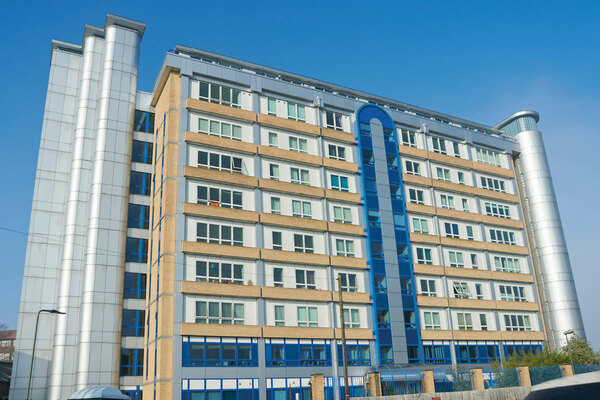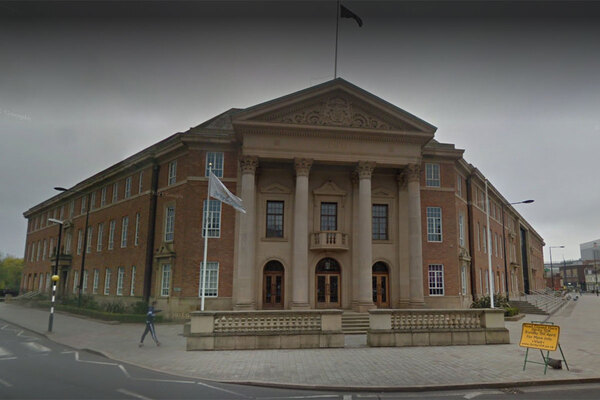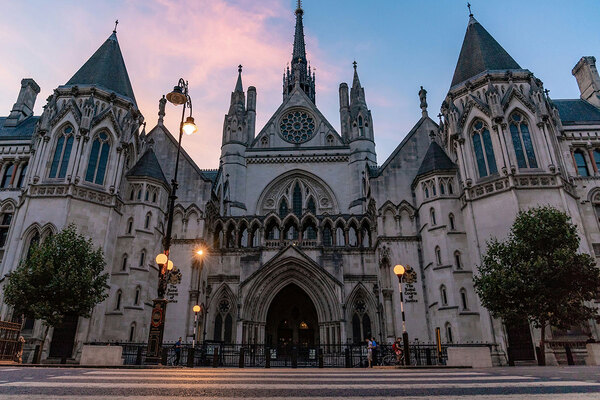You are viewing 1 of your 1 free articles
Council boss warns government of raising hopes on cladding removal
A London council leader has warned the government of “raising expectations without solutions” over efforts to enable councils to strip dangerous cladding from private blocks.
In a letter written to housing secretary James Brokenshire and seen by Inside Housing, Colin Smith, leader of Bromley Council, queried whether new guidance brought in last November had given councils any new powers to accelerate the removal of dangerous systems.
The government published an addendum to the Housing Health and Safety Rating System (HHSRS) in November – which is usually used for hazards such as damp and electrics – specifically relating to dangerous cladding.
Mr Smith said in his letter that the primary legislation behind the HHSRS had not changed, and local authorities had not been given any new powers to take action.
He added that while he appreciated the announcement was to help address the concerns of residents, he feared “expectations had been raised without solutions yet being set in place to deliver them”.
Bromley is home to the Northpoint building which was found to have category three aluminium composite material (ACM) cladding in 2017. However more than a year later, the cladding has yet to be removed and the building’s developer and freeholder have confirmed they will not take action.
Residents face bills of more than £60,000 to carry out the recladding and other fire safety work.
Bob Neill, Conservative MP for Bromley and Chislehurst, raised concerns that even if councils were able to use powers to remove the dangerous cladding, it would override the condition in the lease which enables the freeholders to pass the costs on to residents.
As part of the announcement in November, Mr Brokenshire said the government would provide financial support if necessary to local authorities to remove dangerous cladding.
Mr Smith raised questions over where the funding for councils would come from if they were forced to carry out emergency work.
He added that the council would continue to pursue developers and freeholders but believed this would not bring about a swift resolution in Bromley, or in the scores of other neighbourhoods across the country which faced the same situation.
Last week Inside Housing reported that Tower Hamlets looked set to be the first borough to use the HHSRS powers on a private block following Mr Brokenshire’s announcement in November.
However, the HHSRS powers have been used elsewhere to enforce action on private cladding systems, with Medway Council serving an improvement notice for the Hampton apartments development in Gillingham. After a tribunal in October, it was agreed that the ACM cladding would be removed within seven months.
A government spokesperson said: “We are clear that private building owners and developers must replace dangerous cladding quickly, or they will pay more later."








